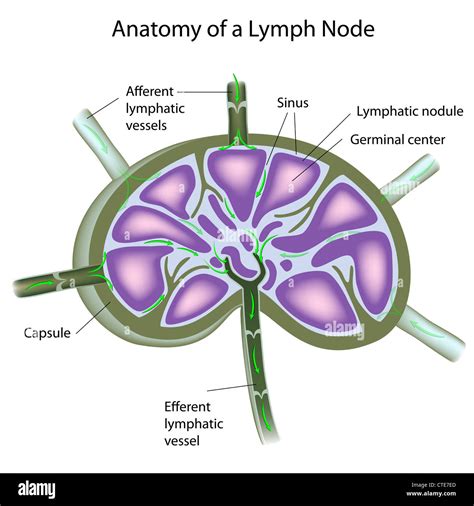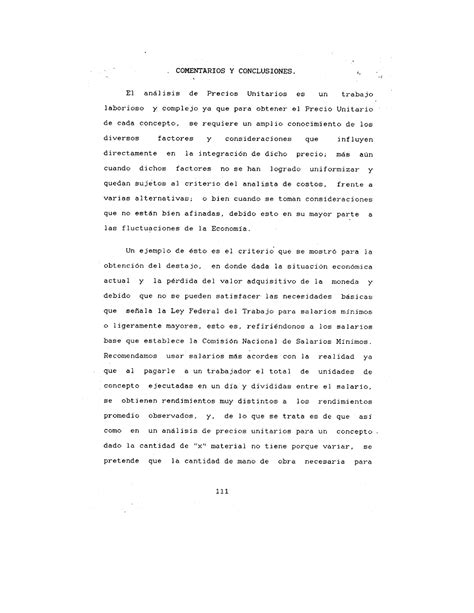Intro
Discover 5 ways to reduce swollen lymph glands, alleviating lymph node swelling, inflammation, and pain, using natural remedies, self-care, and medical treatments to promote lymphatic system health and immune function.
The lymphatic system plays a vital role in our overall health, acting as a defense mechanism against infections and diseases. Swollen lymph glands, also known as lymphadenopathy, can be a sign of an underlying health issue. When lymph glands become swollen, it can be a cause for concern, and it's essential to address the underlying issue to reduce the swelling. In this article, we'll explore the importance of lymph glands, the causes of swollen lymph glands, and most importantly, provide you with practical tips on how to reduce swollen lymph glands.
Lymph glands are small, bean-shaped organs located throughout the body, with clusters found in the neck, armpits, and groin. They help filter out toxins, bacteria, and other foreign substances from the body, playing a crucial role in our immune system. When lymph glands become swollen, it can be a sign of an infection, inflammation, or other health issues. Swollen lymph glands can be painful, tender, and may cause discomfort, making it essential to seek medical attention if the swelling persists.
The causes of swollen lymph glands can vary, ranging from minor infections to more severe health conditions. Some common causes of swollen lymph glands include viral infections, such as the common cold or flu, bacterial infections, and other health conditions like autoimmune disorders or cancer. In some cases, swollen lymph glands can be a sign of a more serious underlying health issue, making it crucial to seek medical attention if the swelling persists or is accompanied by other symptoms.
Understanding Lymph Glands

Causes of Swollen Lymph Glands
Swollen lymph glands can be caused by a variety of factors, including infections, inflammation, and other health conditions. Some common causes of swollen lymph glands include: * Viral infections, such as the common cold or flu * Bacterial infections, such as strep throat or tuberculosis * Autoimmune disorders, such as rheumatoid arthritis or lupus * Cancer, such as lymphoma or leukemia * Other health conditions, such as mononucleosis or toxoplasmosisReducing Swollen Lymph Glands

Tips for Reducing Swollen Lymph Glands
In addition to the above techniques, here are some additional tips for reducing swollen lymph glands: * Avoid scratching or rubbing the affected area, as this can cause further irritation and inflammation. * Avoid wearing tight clothing that can constrict the lymph nodes and worsen swelling. * Try to manage stress, as high levels of stress can weaken the immune system and exacerbate swelling. * Consider taking supplements, such as vitamin C or zinc, to help boost the immune system and reduce swelling.Lifestyle Changes to Promote Lymphatic Health

Importance of Medical Treatment
While self-care techniques and lifestyle changes can help reduce swollen lymph glands, medical treatment may be necessary in some cases. If you experience persistent or severe swelling, it's essential to seek medical attention to rule out underlying health conditions. Your doctor may prescribe antibiotics or other medications to treat underlying infections or health conditions. In some cases, surgery may be necessary to remove swollen lymph nodes or treat underlying health conditions.Conclusion and Next Steps

We hope this article has provided you with valuable information and tips on how to reduce swollen lymph glands. If you have any questions or comments, please don't hesitate to share them with us. Your feedback is important to us, and we're always looking for ways to improve our content.
What are the common causes of swollen lymph glands?
+Common causes of swollen lymph glands include viral infections, bacterial infections, autoimmune disorders, and cancer.
How can I reduce swollen lymph glands at home?
+You can reduce swollen lymph glands at home by staying hydrated, getting enough rest, using warm compresses, and practicing good hygiene.
When should I seek medical attention for swollen lymph glands?
+You should seek medical attention if you experience persistent or severe swelling, or if you have a fever, chills, or other symptoms that concern you.
We encourage you to share this article with your friends and family, and to take the first step towards promoting lymphatic health. Remember, a healthy lymphatic system is essential for overall health and well-being. By taking care of your lymph glands, you can reduce the risk of swollen lymph glands and promote overall health. Thank you for reading, and we look forward to hearing your thoughts and feedback.
